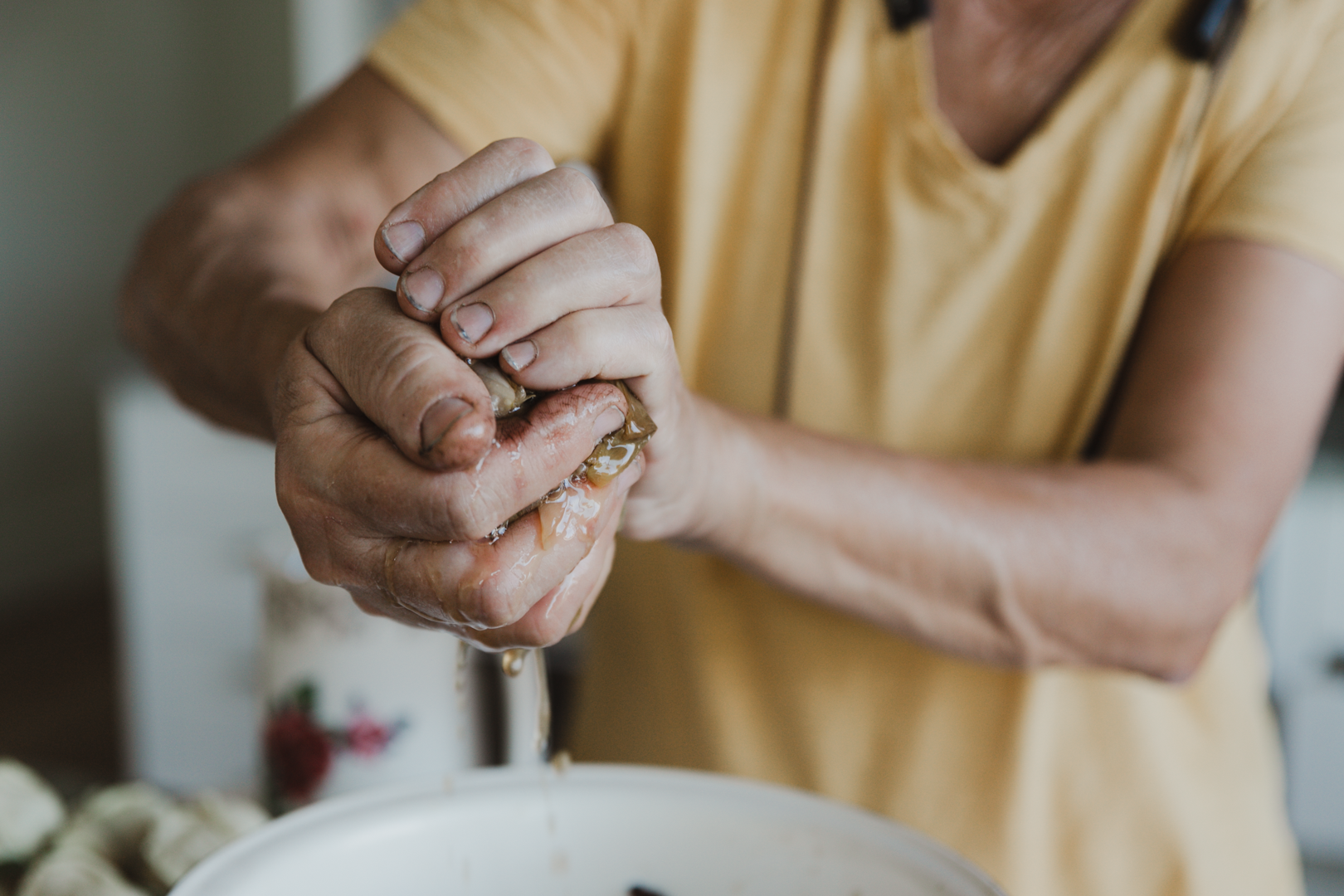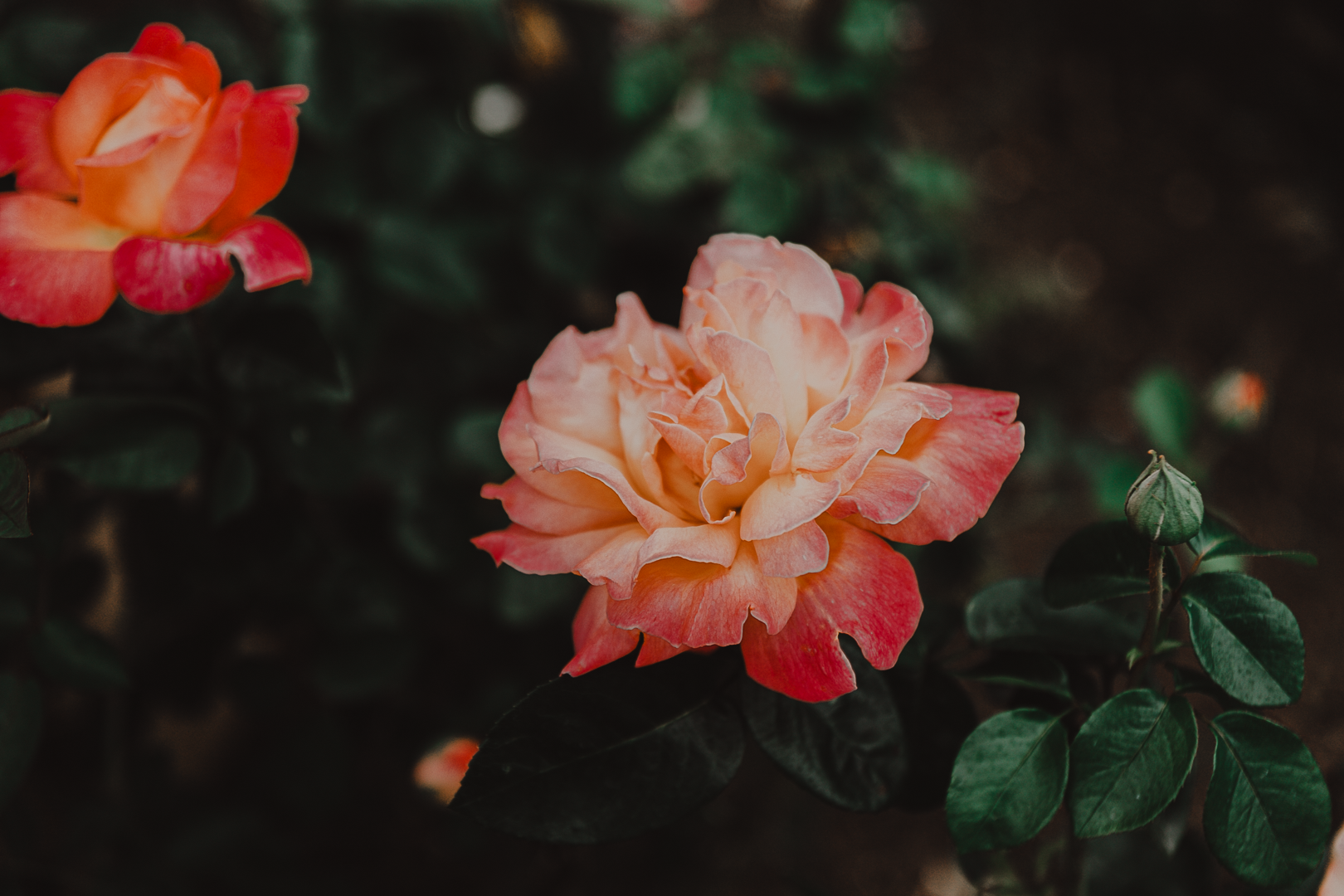The Best Way to Make Rose Water
Roses have been loved for centuries for their beauty and lovely scent. But did you know they're great for your skin too?
During the Middle Ages and the Renaissance, rose water was a popular remedy for depression. It was a luxury for bathing in and as a "handwater" for rinsing.
In Greek and Roman culture, roses were revered as symbols of love and beauty. Roses stood as a symbol for the Greek goddess Aphrodite and her Roman equivalent, Venus.
The process of making rose water involves steam-distilling fresh rose petals, capturing their essential oils and aromatic compounds. This age-old method has been perfected over time, resulting in the high-quality rose water we know today.






Ingredients You'll Need:
Fresh rose petals (about 2 cups)
Distilled water (enough to cover the petals)
A large pot with a lid
A heat-resistant bowl
If you’re making a facial toner, you’ll need some witch hazel as well.
How to make Rose Water
Gather Fresh Rose Petals: Begin with pesticide-free, fragrant rose petals. The more aromatic the roses, the better the rose water.
Rinse the Petals: Give the rose petals a gentle rinse to remove any dust or dirt.
Cook the Petals: Fill a deep saucepan or pot with the fresh rose petals and cover them with distilled water, bring the water to a boil and then immediately turn the heat down to a simmer
Simmer and collect: Simmer for about 30 minutes to an hour, and then strain & save the liquid in an air-tight jar, like a mason jar.
Cool and Store: Keep the rose water somewhere cold, like in the refrigerator or basement.
To Make Rose Water Toner:
Now that you have your fresh rose water, let’s make a facial toner. It’s almost too easy, it falls under one step!
Mix equal parts rose water and witch hazel.
And that’s it! So easy and so good for you!
The Benefits of Rose Water Toner
Now that you have your homemade rose water toner, let's explore the many ways it can benefit your skin:
1. Hydration: Rose water is a natural humectant, helping your skin retain moisture, and making it perfect for dry or dehydrated skin.
2. Balancing pH: Rose water's pH is close to that of our skin, making it an excellent toner for restoring the skin's natural balance.
3. Soothing and Calming: It can reduce redness and irritation, making it suitable for sensitive or inflamed skin.
4. Anti-Aging Properties: Packed with antioxidants, rose water can help combat the signs of aging, such as fine lines and wrinkles.
5. Acne Control: Its anti-inflammatory properties can soothe acne-prone skin, reduce breakouts, and minimize the appearance of scars.
6. Natural Astringent: Rose water can help tighten pores and control excess oil production.
Using Rose Water Toner
Incorporating rose water toner into your skincare routine is a breeze:
Cleansing: After cleansing your face, apply rose water toner using a cotton pad or spray it directly onto your skin.
Hydrating Mist: Use it throughout the day as a refreshing and hydrating mist.
Makeup Setting Spray: Spray it lightly over your makeup to help it set and create a radiant finish.
Hair Care: Rose water can also be used to condition and add fragrance to your hair.
Bath Soak: Pour a bit into your bath for a luxurious and aromatic soak.
Aromatherapy: Inhale the soothing aroma to relax and reduce stress.
Embrace the natural beauty and wellness benefits of rose water toner, and experience the gentle touch of this timeless elixir on your skin. Whether it's for a refreshing mist during the day or a calming addition to your nighttime routine, rose water toner is a simple yet luxurious way to enhance your skincare regimen.


